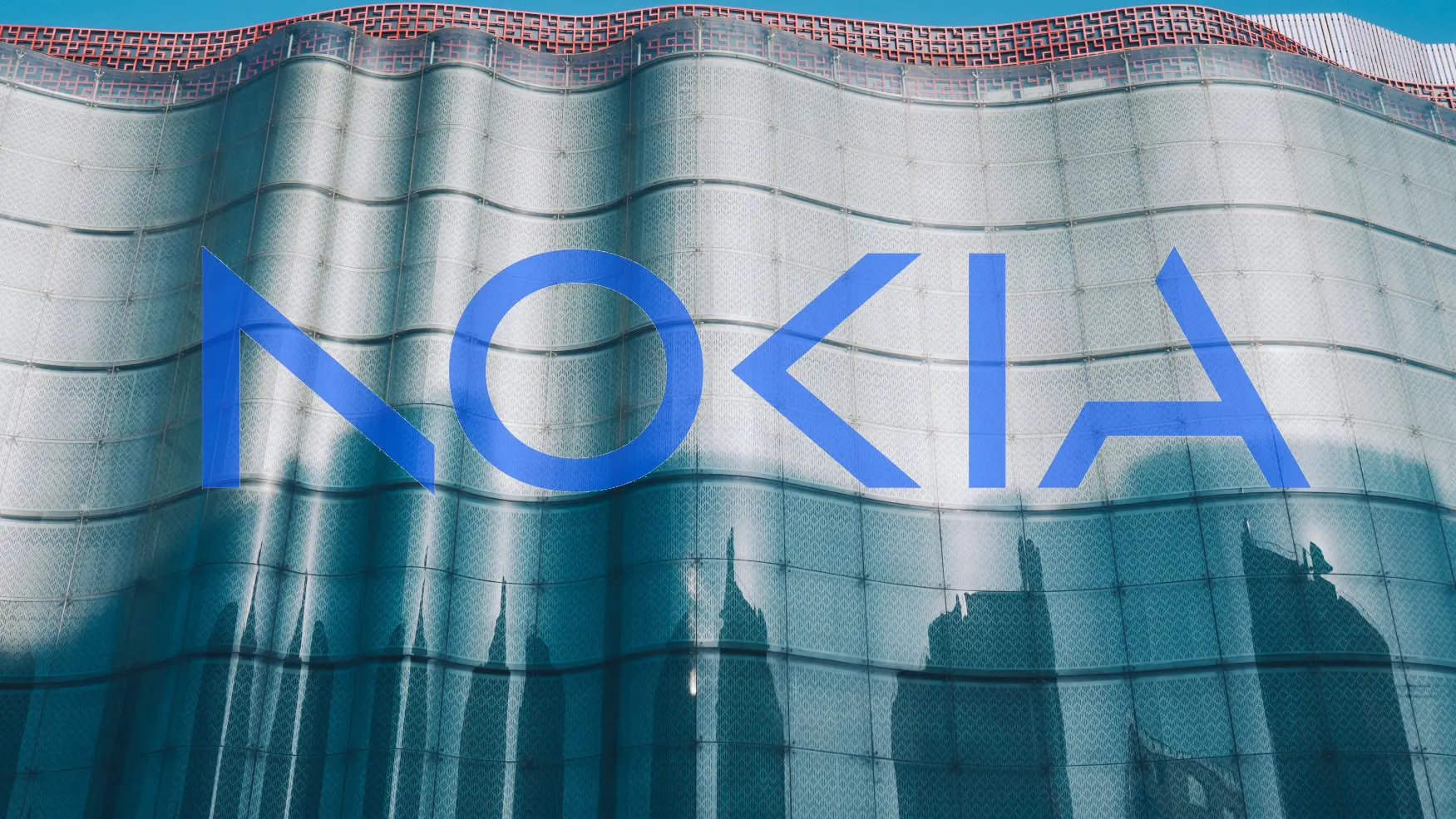Chicago’s Innovative Approach to Traffic Management
By summer, Chicago may have a program in place that will test automated ticketing of drivers parked in bike and bus lanes downtown. This initiative has been in the pipeline for almost the past year, indicating the city’s commitment to enhancing urban mobility and safety. The Smart Streets program, as it has been termed, is not just an innovative solution but a testament to the city’s proactive measures in addressing congestion and ensuring the safety of cyclists and pedestrians alike.
The Smart Streets program is highlighted by city officials as a strategic move to improve bus service and safeguard cyclists and pedestrians downtown. This pilot program also serves as a novel strategy to mitigate financial discrepancies in Mayor Brandon Johnson’s 2024 fiscal plan. Following its approval by the City Council in March 2023, acting transportation commissioner Tom Carney recently revealed efforts to operationalize the program by this summer, marking a significant stride towards testing and implementing the pilot.
The enforcement strategy involves utilizing cameras mounted on poles or city or Chicago Transit Authority (CTA) vehicles. These cameras will enforce parking restrictions in critical areas such as bus lanes, crosswalks, bus stops, and no-parking zones, with a focus on curbing double parking in commercial loading spaces. The designated enforcement area covers a significant portion of downtown, from North Avenue to Roosevelt Road, encapsulating a broad spectrum of urban dynamics.
During the initial 30 days post-camera installation, violators will be issued warnings instead of tickets, emphasizing the program’s intent to educate rather than penalize in its early stages. The pilot’s duration is set until June 30, 2025, providing ample time for evaluation and adjustments based on real-world insights.
A solution for Smart Streets enforcement?
In the 11 months following the program’s approval, significant progress has been made in selecting appropriate technology, equipping city vehicles with violation-detecting cameras, and conducting tests to ensure the effective imposition of fines. This meticulous preparation underscores the city’s dedication to the program’s success. The incorporation of cameras on CTA buses represents an additional layer of enforcement, broadening the scope of surveillance and compliance.
The anticipation of gathering a year’s worth of data on the pilot before reporting back to the City Council reflects a thorough and data-driven approach to urban management. Carney’s acknowledgment of the necessity of the pilot, spurred by complaints about improper parking by delivery trucks, highlights the program’s potential to address longstanding urban challenges.
The program gained additional relevance following a tragic incident involving a young child in a bike lane, spotlighting the critical need for stringent enforcement of parking regulations to ensure cyclist safety. This incident, although outside the pilot program’s area, underscores the broader implications of vehicle encroachments in bike lanes.
Despite its innovative approach, the program has faced scrutiny, particularly regarding the city’s history with automated ticketing practices. Concerns have been raised about the disproportionate impact of such practices on low-income and minority communities. However, efforts to reform, including debt relief initiatives and adjusted fines and fees, signify a move towards a more equitable and considerate enforcement mechanism.

Initially projected as a new revenue source to address budget gaps, the program’s financial benefits, while modest, are part of a broader strategy to enhance city finances responsibly. The critical reception of automated ticketing methods in recent years has led to significant reforms under previous administrations, laying the groundwork for the Smart Streets program to operate with a more equitable framework, offering discounted tickets and debt relief for low-income drivers.
With fines ranging from $60 to $250 depending on the violation, the program sets a clear precedent for accountability while providing avenues for financial leniency where necessary. This balanced approach to enforcement and compassion highlights Chicago’s commitment to fostering a safer, more efficient urban environment through innovative traffic management strategies.
In recent developments, cities across the United States are increasingly turning to technology-driven solutions to address urban mobility and safety challenges. Chicago’s Smart Streets program exemplifies this trend, aiming to leverage automated ticketing to enhance traffic management and safety for cyclists and pedestrians. Similar initiatives have been observed in cities like New York and San Francisco, where technology plays a pivotal role in regulating traffic flow and enforcing parking regulations. These efforts reflect a growing recognition of the importance of integrating technology into urban planning to create safer, more efficient, and sustainable urban environments. As these programs unfold, they offer valuable insights into the potential of technology to transform cityscapes and improve the quality of urban living, or NOT.










